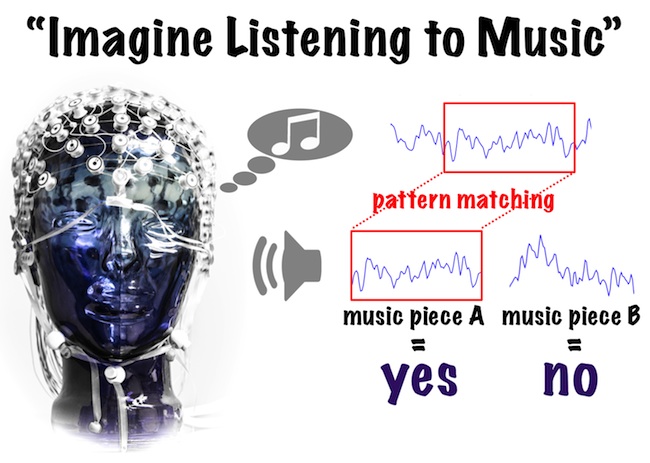


The dataset is primarily aimed to enable music information retrieval researchers interested in these new MIIR challenges to easily test and adapt their existing approaches for music analysis like fingerprinting, beat tracking or cross-modal synchronization on this new kind of data. We also hope that the OpenMIIR dataset will facilitate a stronger interdisciplinary collaboration between music information retrieval researchers and neuroscientists.
This dataset is a result of ongoing joint work between the Owen Lab and the Music and Neuroscience Lab at the Brain and Mind Institute of the University of Western Ontario. It has been supported by a fellowship within the Postdoc-Program of the German Academic Exchange Service (DAAD), the Canada Excellence Research Chairs (CERC) Program, an National Sciences and Engineering Research Council (NSERC) Discovery Grant and an Ontario Early Researcher Award.
Everybody can freely use the OpenMIIR dataset without any restrictions as it is released under the Open Data Commons Public Domain Dedication and Licence (PDDL). For data processing and analysis, we provide custom dataset implementations and deep learning pipelines for pylearn2 within the deepthought project under the 3-claused BSD license.
Further information on how to obtain the dataset or to contribute can be found on the Github project website